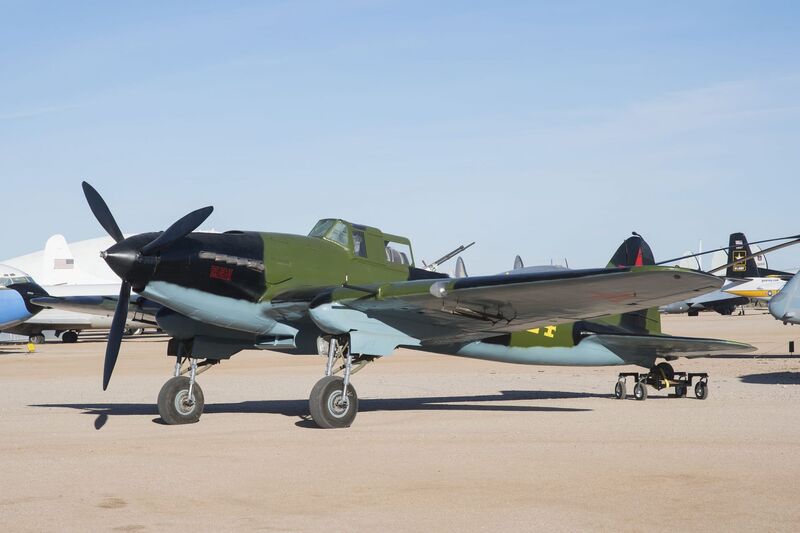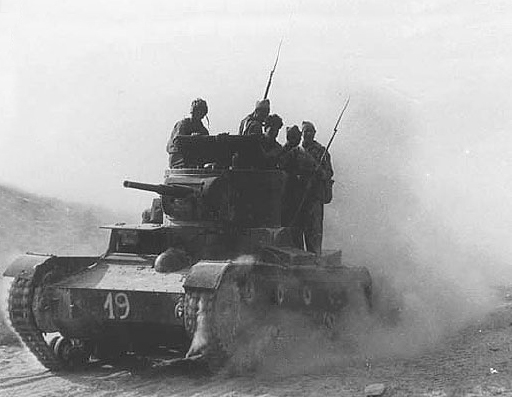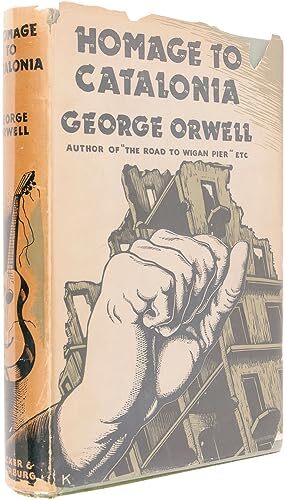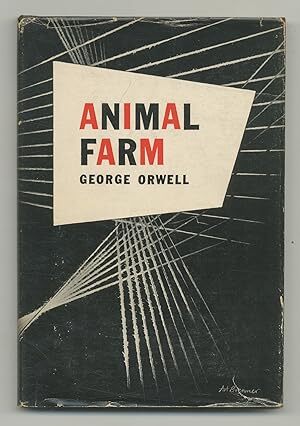Soviet Ties
The Soviet Union was also organizing Brigades to fight against Fascism, and they wanted to gain experience as well. Like the Condor Legion from the Nazi's, the Soviets hoped to gain knowledge in air power. What was discovered was the failure of Soviet Aircraft fighting German ones. According to Lapchinsky, the strategic bombing advocate in 1939, “In order to conduct maneuver war, to win the air-land battles, which begin in the air and on the ground, one must concentrate all air forces at a given time on a given front.”
An aircraft that was designed due to the lack of a good ground attack aircraft in Spain was the IL-2. An aircraft that would fill in a void in the Soviet Air Force. Below is an IL-2m that was used by Soviet forces against German forces during World War 2. It boasted heavy firepower, heavy armor, and the ability to carry heavy bombs against ground forces. It was very successful, one of the most produced aircraft in history.
Air power was not the only concern either, tanks were also sent to Republican forces and international volunteers to use in action against German and Italian tanks, as well as rebel fortifications. T-26 light tanks and BT-5 fast tanks were tested in action, and results showed that they worked against enemy forces at the time.
The success of the Soviet tanks and lessons learned from a failed air force were shot down by a large threat to Soviet leadership, Stalin and the purges. Most information gained from the Spanish Civil War was lost once most of the officers and high command that participated in it were killed or sent to prison. This meant that the Nazi invasion of Russia would show repeated issues from Spain. These issues would lead into criticisms from around the world, including authors.
One criticizer of Stalinism and the purges was a famous author George Orwell. You many know his best works such as Animal Farm or 1984. Orwell was in fact one of the many volunteers in Spain, fighting against the Nationalist forces in a British dominant battalion. His experience of the war was documented and published in his book Homage to Catalonia.
Orwell would write in Homage to Catalonia the many different struggles he faced in the war, including personal injuries. He would also write about the internal conflicts he witnessed on the Republican Side, and how there was no true united front against Franco. His criticism of totalitarianism grew from the war immensely, and his famous criticism of Stalinism came in the form of Animal Farm.
These criticisms of the Soviets would continue well after the war has ended, all the way to the late 1940's through the 1950's in the form of McCarthyism.



